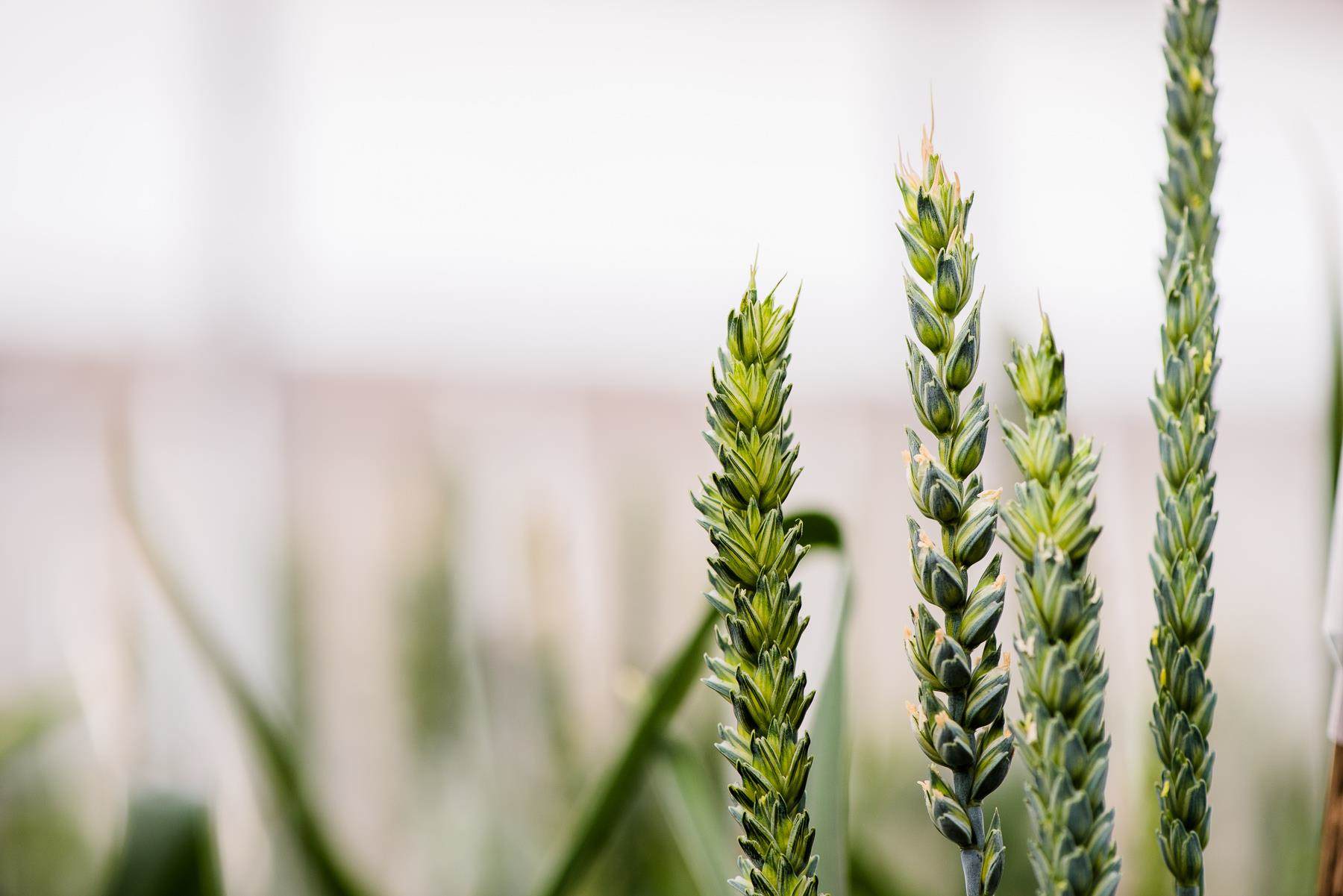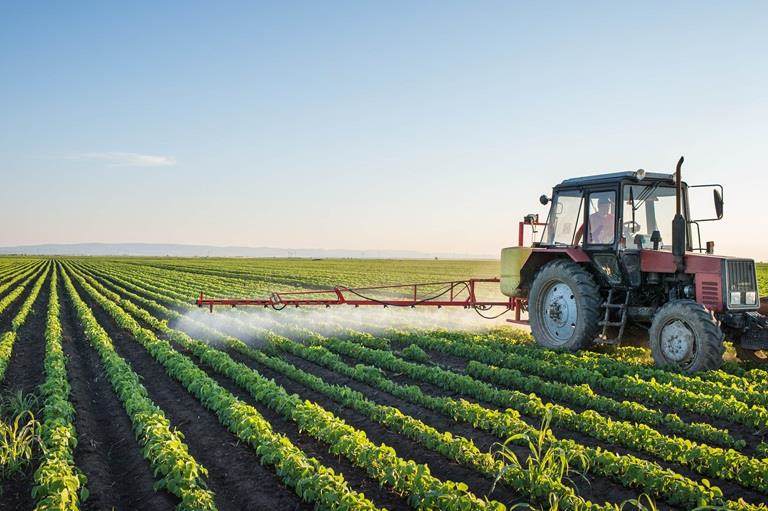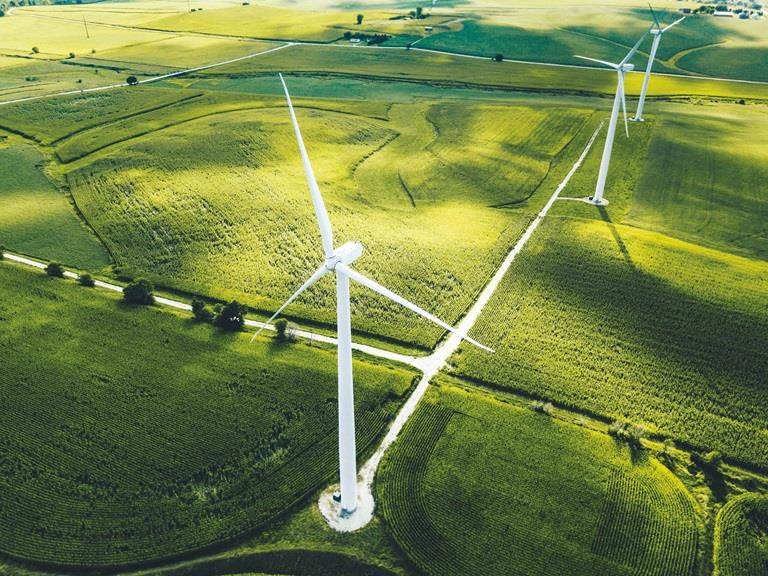
Nature Positive
We believe that achieving a nature positive future, one in which natural capital is protected and restored, is essential for the health, wellbeing and prosperity of us all.
At Croda we recognise the importance of understanding our impacts and dependencies on nature and the role that we can play to drive positive change across our supply chains.
We are committed to building on the significant progress we have already made in partnership with like-minded suppliers and customers. Through an increased focus on preserving forests and habitats, minimising our water impact, and helping accelerate sustainable and regenerative agriculture we aspire to become Net Nature Positive by 2030.

Highlights
- Use of 100% sustainable palm oil
- Commitment to zero deforestation and peat free
- Work with Action for Sustainable Derivatives (ASD) to restore forests
- Foundation supporting regeneration projects
- Exceeding our Land Positive target to save more land than we use in 2021
- Developing technologies to allow customers to eliminating microplastics in agricultural seed treatment
Measuring nature impact
There is no simple single measure of nature impact that could compare to carbon emissions (kg CO2e) for climate change. Instead, every company needs to go through a systematic process to determine its impacts and dependencies on nature, and then work out which are the most significant.
We have been working with the Cambridge Institute of Sustainability Leadership (CISL) for the past 18 months to understand that process, and to consider where we could have the biggest positive impacts. Croda is following the methodology set out by Science Based Targets for Nature (SBTN), and we have joined SBTN as corporate partners.
Over the past year we have made significant progress to understand our impacts and dependencies on nature. We expect this work to complete during 2023, and that will allow us to identify our biggest impacts and then prioritise our actions and set further targets.
Our focus areas
Although our work on assessing impacts and dependencies has not yet completed, we expect that there are some key areas that will be most important for us.
- Sourcing of natural raw materials, especially those that come from vulnerable ecosystems or which are causing deforestation.
- Reducing our water impact at our manufacturing sites, especially in areas of water scarcity.
- Developing technologies that support agriculture moving to a more sustainable future. This is within our Crop Protection and Seed Enhancement business areas.


